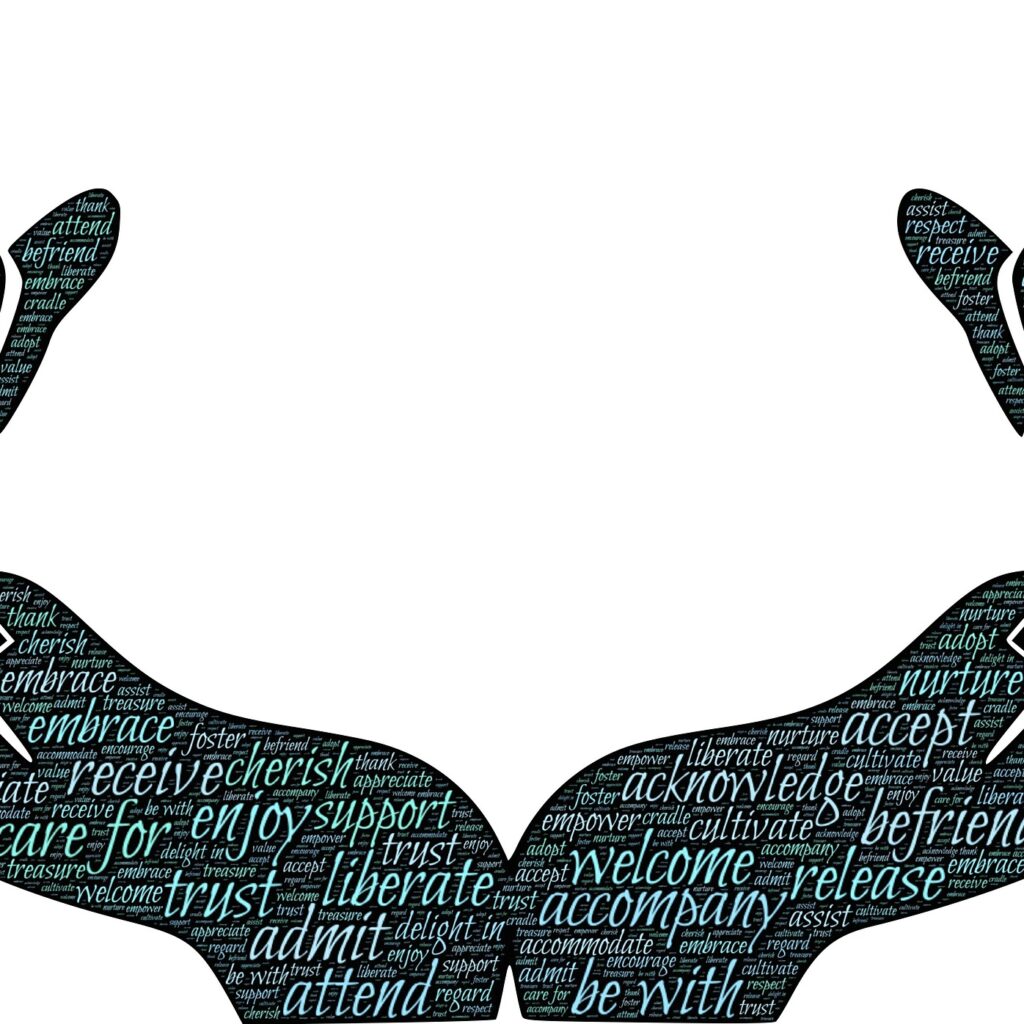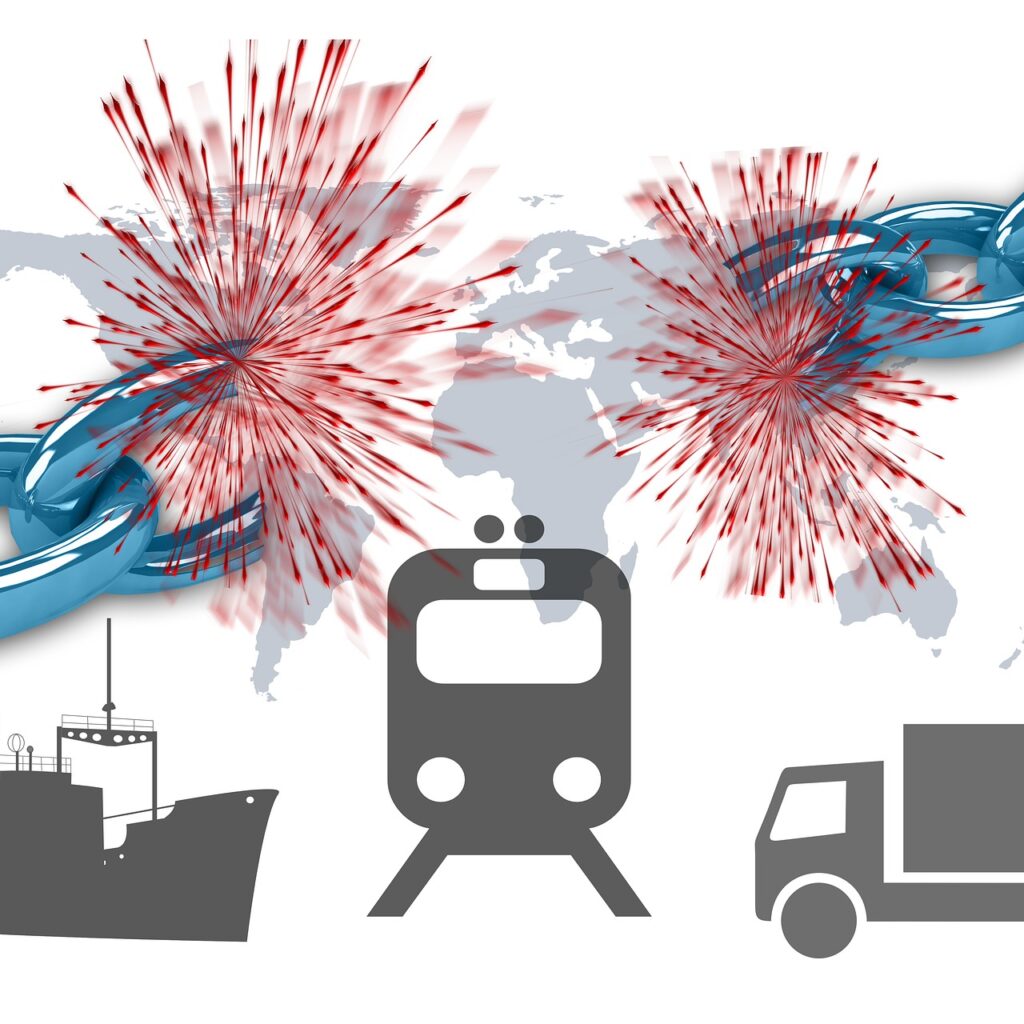
In this blog post, we’ll examine some typical business strategies that organizations have used to succeed during the pandemic. Human acts such as the Russia-Ukraine conflict, Covid-19, and others are causing global changes, as are technology disruptions such as DNA sequencing, electric vehicles, the digital workplace, and artificial intelligence. The patterns that are emerging as a result of these changes create both difficulties and possibilities for entrepreneurs.
The current situation demonstrates how quickly things can change, and how unexpected events can have a long-term impact on your revenue, resources, and teams. Every individual and business is concerned about how to survive and grow in today’s chaotic environment. Some businesses have been able to adjust to the new normal considerably more quickly than others. They’ve gone digital, discovered new customer segments, or switched to new businesses, and they’re doing well. In increasingly uncertain business contexts, what constitutes a good business strategy?

In the midst of the ongoing war and pandemic, more and more people realize that life is short, and that fulfillment and fulfilling health are more valuable than corporate success. Rethinking key assumptions about technology and reimagining the confluence of people’s values and the value of the business will be required to adapt to the future. Employees and consumers who desire to do business with companies that share their basic intrinsic values, such as feeling respected, connected, and purposeful, are more likely to grow and sustain their businesses in the future.
In surveys conducted globally, 76% of decision-makers say that companies must come up with completely new experiences wherever people and technology meet.

If you want to adjust to changing circumstances, you must stay on top of your industry and the overall market. Develop a workforce that is adaptive, resilient, and willing to learn new skills. People-to-people connections are becoming increasingly vital as the level of automation rises. The most highly appreciated skills are communication, teamwork, creativity, and problem-solving. Big corporations are hiring independent contractors to address challenges with recruiting in-house talent, according to a recent trend.
According to a recent McKinsey Global Survey, 87% of CEOs stated they were experiencing or expecting skill gaps in the workforce during the next several years.

Wars, Covid-19, natural disasters, and other major events have repeatedly disrupted global supply chains, exposing the fragility of the global supply chain. Forecasts can be created using information from the supply chain as well as the numerous factors that can influence it. As part of the mitigation effort, suppliers and vendors were positioned closer to the home location, local vendors and suppliers were turned to, alternative supply chains were identified, and more.
93 percent of senior supply-chain executives across industries and regions said they planned to make their supply chains significantly more flexible, agile, and robust in one of the surveys.

Restructuring entails significant changes to a company’s operations, management, debts, spending, cash cows, and policies. The goal is to increase profits or seize new possibilities while lowering losses or removing non-profitable components of the firm. Bold actions include hiring a project manager to improve efficiency, creating new training structures, and establishing a custom project management system.
Until 2024, 80 percent of businesses expect to change what they do or how they operate.

Dependence on a single source of revenue exposes your company to market movements and changes in consumer behavior. Is your revenue well-diversified enough to protect your assets if one of your key sources of income fails? During tumultuous times, many of the world’s largest and most reputed enterprises succeeded. It’s not simple to start and grow a business during a period of economic instability. There were no question business owners faced a formidable challenge. Economic uncertainty is when businesses are able to prove their resilience, as well as their ability to truly dominate a market.
According to the Census Bureau, more than 4.4 million new businesses were founded in the United States in 2020, a new high.
No company can predict every challenge that it will face, but preparing for the unexpected now will help with future challenges. At GeopFX we believe that the approach we have outlined will help businesses avoid dangerous binary views of uncertainty. We provide executives with a comprehensive and sophisticated understanding of the uncertainty they face and the implications of it for business strategies by providing a framework for tackling the most challenging decisions that they face.


